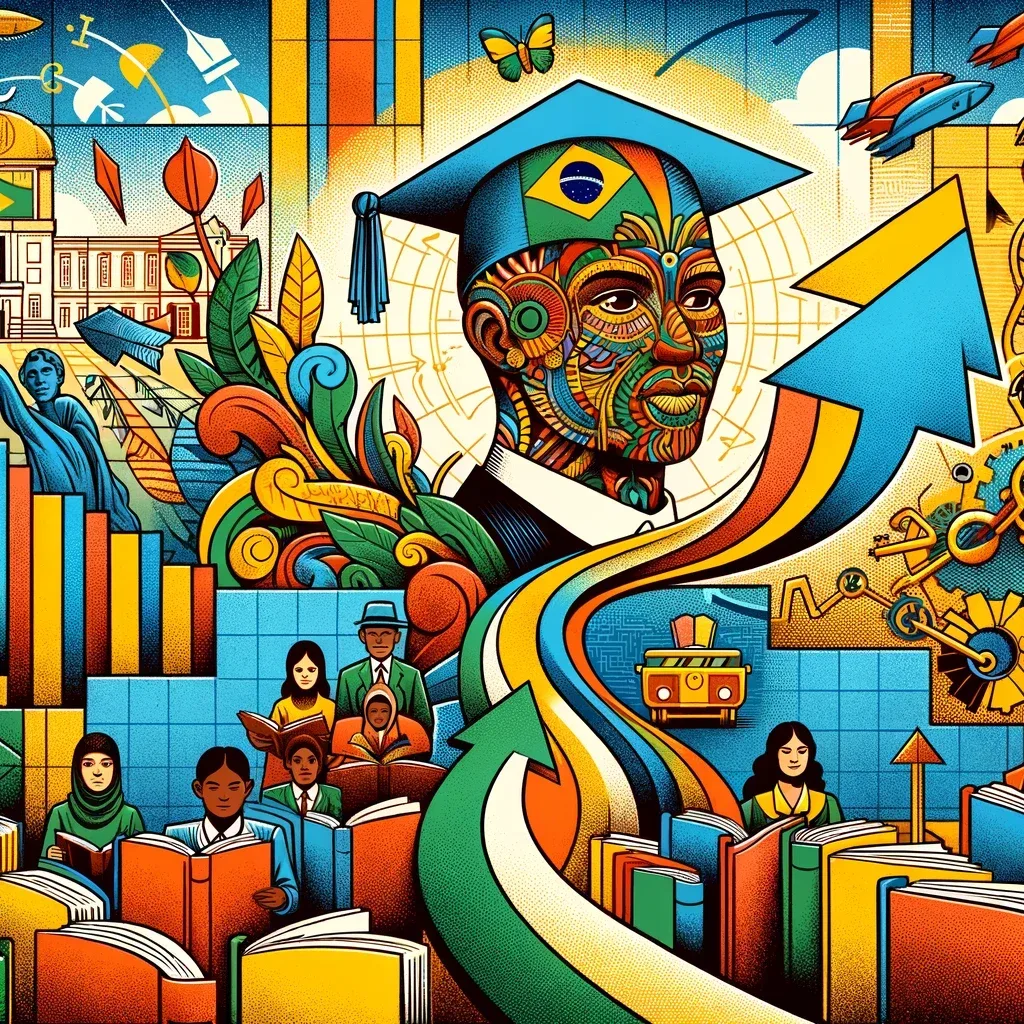Law 11.645/2008 represents a significant milestone in education and philosophical reflection in Brazil. This article explores the relevance of this law for understanding and analyzing the Brazilian reality from a philosophical perspective, considering its impact on the educational system and society in general.
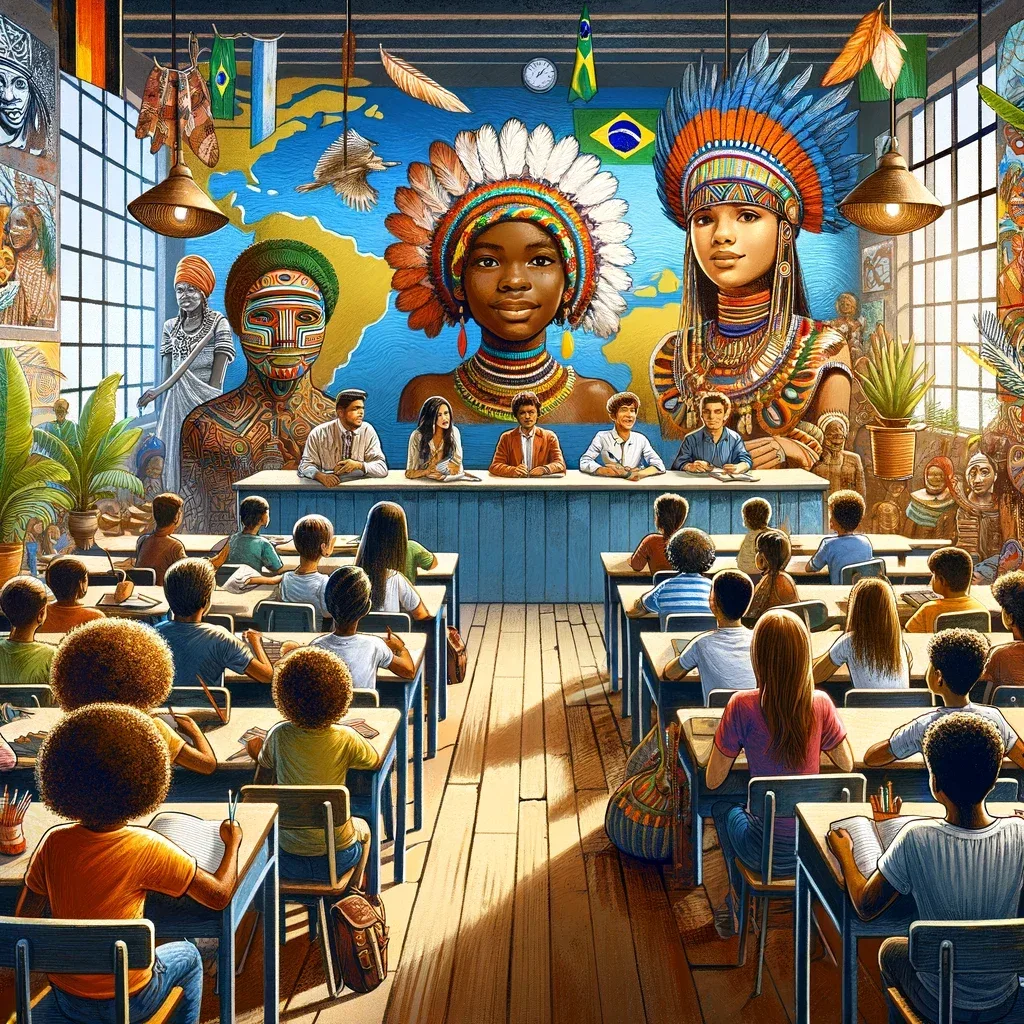
Contextualization of Law 11.645/2008
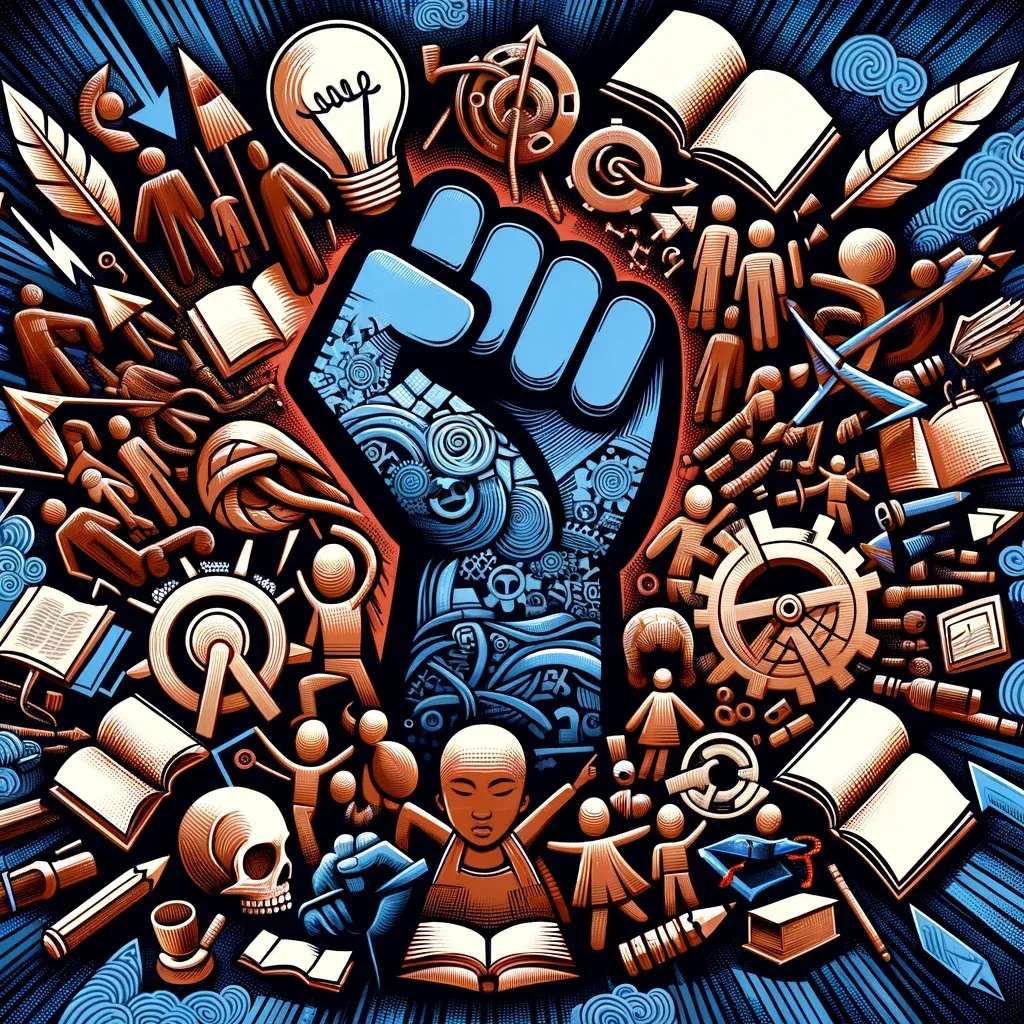
Origin and Objectives of the Law
Enacted on March 10, 2008, Law 11.645/2008 amended the National Education Guidelines and Bases Law to include in the official curriculum of the education network the mandatory subject “Afro-Brazilian and Indigenous History and Culture”.
Impact on the School Curriculum
The implementation of this law meant a substantial change in school curricula, enriching them with content related to history, culture and contributions of Afro-Brazilian and indigenous peoples in the formation of Brazilian society.
Reflection in Philosophical Discussions
This curricular inclusion opened the way for new philosophical discussions in schools and universities, promoting a greater understanding and appreciation of Brazil's cultural and historical roots.
Philosophical Reflection and Brazilian Reality

Cultural Diversity and National Identity
The law encourages reflection on Brazil's cultural diversity and its influence on national identity, questioning traditional concepts and stimulating critical thinking.
Social Justice and Equality Issues
By addressing the history and culture of historically marginalized groups, the law invites reflection on issues of social justice, equal rights and the fight against racism and discrimination.
Philosophy in Education: Critical Thinking and Citizenship
The inclusion of these themes in philosophy teaching contributes to the development of critical thinking and active citizenship, enabling students to understand and interact more meaningfully with society.
Challenges and Advances
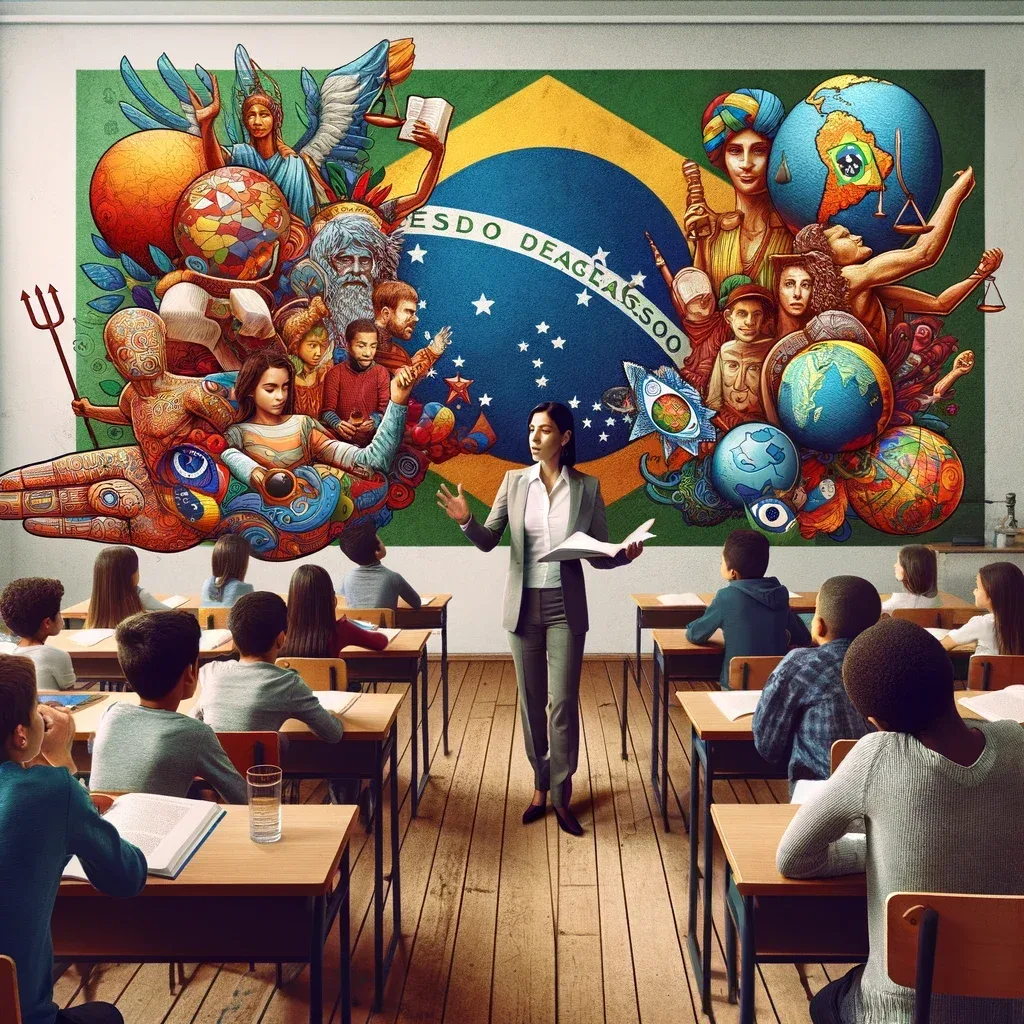
Effective Implementation in Schools
One of the main challenges is the effective implementation of the law in schools, ensuring that content is covered in a comprehensive and meaningful way.
Educator Training
The training of qualified educators to teach these contents is essential, as is the creation of teaching materials that reflect Brazil's cultural diversity.
Long-Term Impact
The long-term impact of this law on Brazilian society is still being assessed, but it is expected that it will contribute to greater inclusion and recognition of the different cultures that form the country.
Conclusion
Law 11.645/2008 is an important step towards valuing Brazil's cultural and historical diversity, significantly influencing philosophical reflection in the country. It represents an advance in education, promoting a deeper and more inclusive understanding of the Brazilian reality, in addition to contributing to the development of critical thinking and active citizenship.
Frequently Asked Questions about Law 11.645/2008 and Philosophical Reflection in the Brazilian Reality
This FAQ aims to clarify common doubts related to Law 11.645/2008 and its impact on philosophical reflection in the Brazilian context.
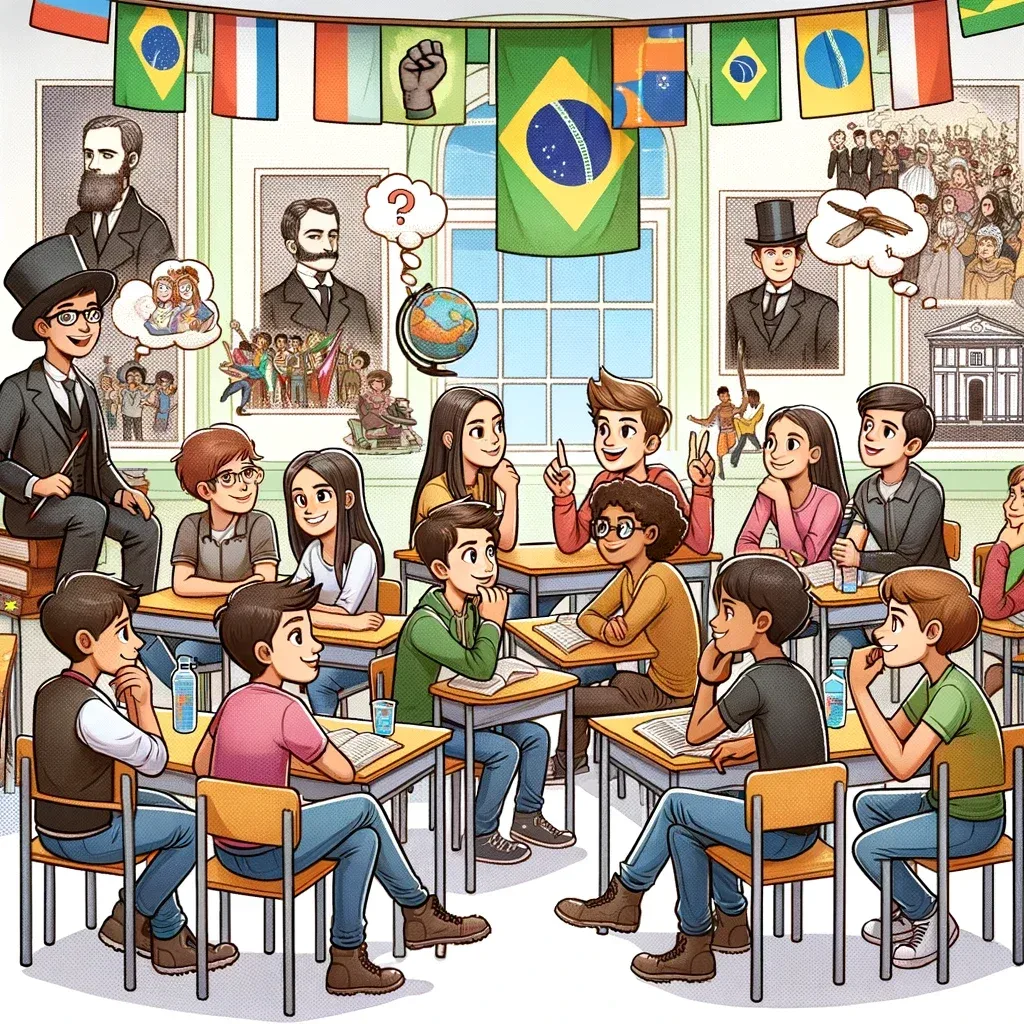
1. What is Law 11.645/2008?
2. How does Law 11.645/2008 affect philosophical education in Brazil?
3. Why is the inclusion of Afro-Brazilian and indigenous history important in philosophical reflection?
4. What is the impact of the law on the fight against racism and discrimination in Brazil?
5. How does the law influence critical thinking and the formation of conscious citizens?
6. What are the challenges in implementing Law 11.645/2008?
7. How does the law contribute to the appreciation of Afro-Brazilian and indigenous culture?
8. What is the long-term impact of Law 11.645/2008 on Brazilian society?
9. How can teachers and educators be trained to teach these contents?
10. How can Law 11.645/2008 inspire changes in other countries?
